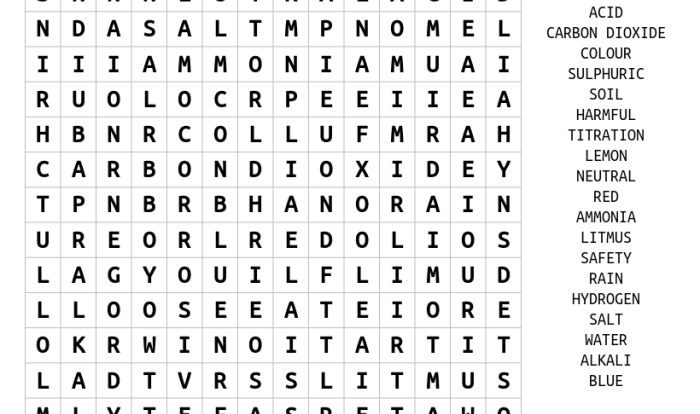The fundamentals of experimental design answer key unlocks the door to a deeper understanding of the intricate art of scientific experimentation. This comprehensive guide provides a clear and concise overview of the key concepts, principles, and techniques that underpin effective experimental design, empowering researchers to design and execute experiments that yield reliable and meaningful results.
Delving into the depths of experimental design, this guide explores the fundamental concepts of independent and dependent variables, the significance of controls and constants, and the various methods of data collection and analysis. By mastering these essential elements, researchers can gain a profound understanding of the scientific process and enhance their ability to design experiments that uncover valuable insights.
Fundamentals of Experimental Design: Fundamentals Of Experimental Design Answer Key
Experimental design is the process of planning and conducting an experiment in a way that will allow the researcher to draw valid conclusions about the relationship between the independent and dependent variables. The key concepts of experimental design include:
- Control: Keeping all variables constant except for the independent variable.
- Randomization: Assigning participants to groups randomly to ensure that the groups are equivalent.
- Replication: Repeating the experiment multiple times to ensure that the results are reliable.
There are many different experimental designs, each with its own advantages and disadvantages. Some of the most common designs include:
- Between-subjects design: Each participant is assigned to only one condition.
- Within-subjects design: Each participant is exposed to multiple conditions.
- Factorial design: Tests the effects of multiple independent variables on a single dependent variable.
Independent and Dependent Variables, Fundamentals of experimental design answer key
The independent variable is the variable that the researcher manipulates. The dependent variable is the variable that is measured to assess the effects of the independent variable.
- Example of an independent variable: Amount of fertilizer applied to a plant.
- Example of a dependent variable: Height of the plant.
It is important to be able to identify the independent and dependent variables in an experiment in order to correctly interpret the results.
Controls and Constants
Controls are used to ensure that the results of an experiment are not due to extraneous variables. Constants are variables that are kept constant throughout the experiment.
- Example of a control: Using a placebo group in a medical experiment.
- Example of a constant: The temperature of the room in which an experiment is conducted.
It is important to use controls and constants in an experiment in order to ensure that the results are valid.
Data Collection and Analysis
Data collection is the process of gathering data from participants in an experiment. Data analysis is the process of examining the data to determine whether there is a relationship between the independent and dependent variables.
There are many different methods of data collection and analysis. The most appropriate method will depend on the type of experiment being conducted.
Reporting Experimental Results
The results of an experiment should be reported in a clear and concise manner. The report should include the following information:
- A description of the experiment
- The results of the experiment
- A discussion of the results
- A conclusion
It is important to report experimental results accurately and clearly so that other researchers can understand and interpret the results.
FAQ Section
What is the primary purpose of an experimental design?
The primary purpose of an experimental design is to establish a systematic and controlled environment in which to test a hypothesis or research question, ensuring the validity and reliability of the findings.
What is the difference between an independent and a dependent variable?
An independent variable is a variable that is manipulated or controlled by the researcher, while a dependent variable is a variable that is measured or observed and is affected by the independent variable.
Why is it important to use controls in an experiment?
Controls are essential in an experiment as they provide a baseline for comparison, allowing researchers to isolate the effects of the independent variable and minimize the influence of confounding factors.


